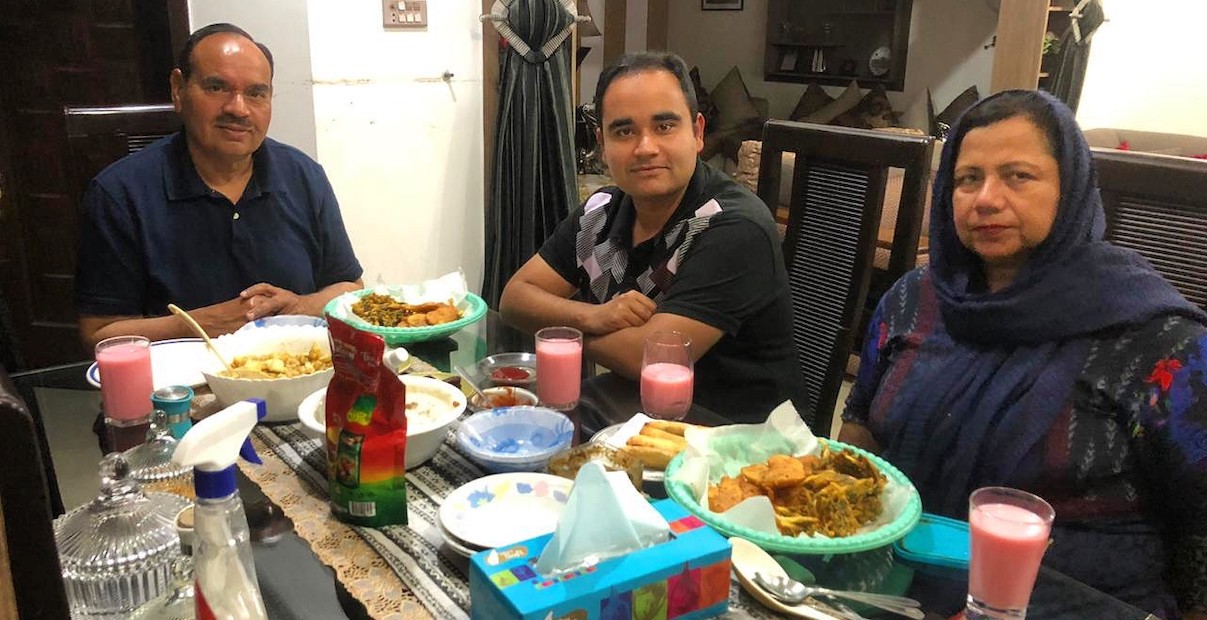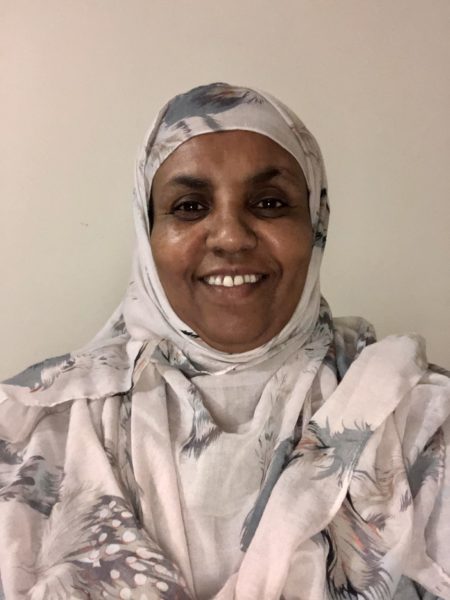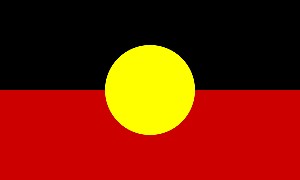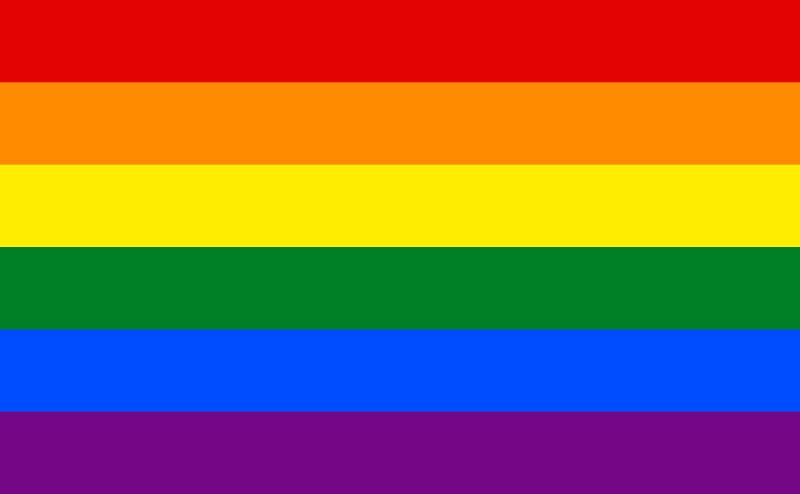We spoke to members of the Gateways family about observing Ramadan during COVID-19

Ramadan – the traditional month of fasting – has begun, with people of Muslim faith around the world having to adapt their traditional observance in accordance with current isolation restrictions.
During Ramadan, Muslims fast between dawn and dusk, to practise sacrifice, self-control and self-discipline, as well as greater empathy for disadvantaged members of society. It concludes with the celebration of Eid al-Fitr – the ‘festival of breaking the fast’ – where families typically get together to feast. It is the most sacred month in the Islamic calendar.
We spoke to Gateway’s staff, Remla and Farhan, and participant, Ibby, about what Ramadan means to them, and what changes COVID-19 has brought to their observance as Ramadan enters its first week.
Gateways ICT Support Officer, Farhan, says, ‘Every Muslim loves Ramadan, so do I. It’s something different from the other 11 months, where you can eat whenever you like. In Ramadan you have to eat after sunset and before sun rise only.’
Likewise, Recreation Support Worker, Remla describes Ramadan as the best time of my life. Although having lived in Australia for 35 years Remla is accustomed to video calling her family back home each Ramadan, so online celebrations have remained relatively unchanged for her.
For most Muslim families across the world however, COVID-19 restrictions have affected the way that they must observe Ramadan this year. Often families and friends open their homes to each other to practise Ramadan together, as well as communal prayers, which unfortunately cannot happen this year.
For Gateways participant, Ibby, what has changed the most is not being able to socialise with his friends and family as he normally would.
‘You can’t be social with friends or have a coffee. You can’t do that’, says Ibby.
As Ramadan can’t be practised in the same way that it normally would be this year, Remla, Ibby and Farhan instead reflected on their favourite childhood memories.
Remla talks warmly of sitting with her family and listening to stories, watching them cook and helping to deliver food. She also remembers receiving sweets and pocket money from relatives. Ibby also recalls gifts of money, while Farhan affectionately remembers his mum’s delicious cooking, which was hard to say no to.
The end of Ramadan, marked by Eid al-Fitr, will fall on 23 May and is usually when many Muslims get together and attend communal prayers at the mosque. This year however, due to restrictions, Eid is being celebrated differently, or not at all.
As Ibby says, ‘We’re not going to do it this year. Maybe just at home with family, not big. We can’t do big. We can’t go to the Mosque either.’
Instead, Ibby and his family are carrying out prayers from their home.
Farhan says the celebrations will be very different this year as people won’t be able to get together to celebrate the end of Ramadan. Currently in Pakistan, Farhan hopes he won’t have to spend Eid in a hotel room in quarantine upon his return to Australia.
While the coronavirus pandemic is disrupting traditional Ramadan practises everywhere, with mosques closing and restrictions on indoor and outdoor family gatherings, this time remains for many one of great reflection and celebration.

We’d love to see your Ramadan photos.
You can share them with us at news@gateways.com.au
You may also like:
- Fiction With Friends building social links for kids during pandemic restrictions
- In-home senior visits keep loneliness at bay during pandemic times
- A two-way street as Gateways Support Services helps a local manufacturer during COVID-19
- An update on western Melbourne restrictions on Gateways’ services
- An update on your Gateways supports as pandemic restrictions ease



